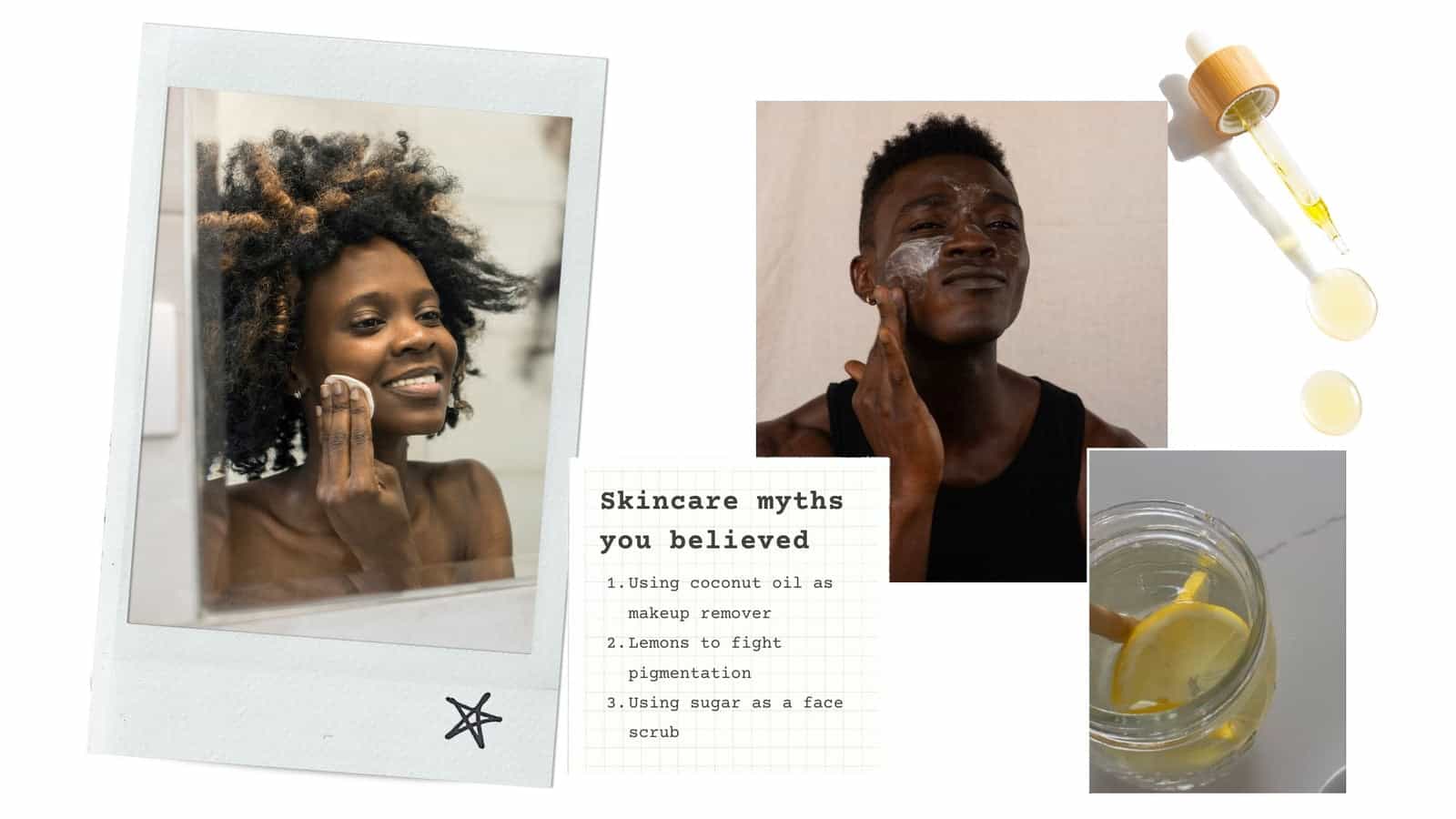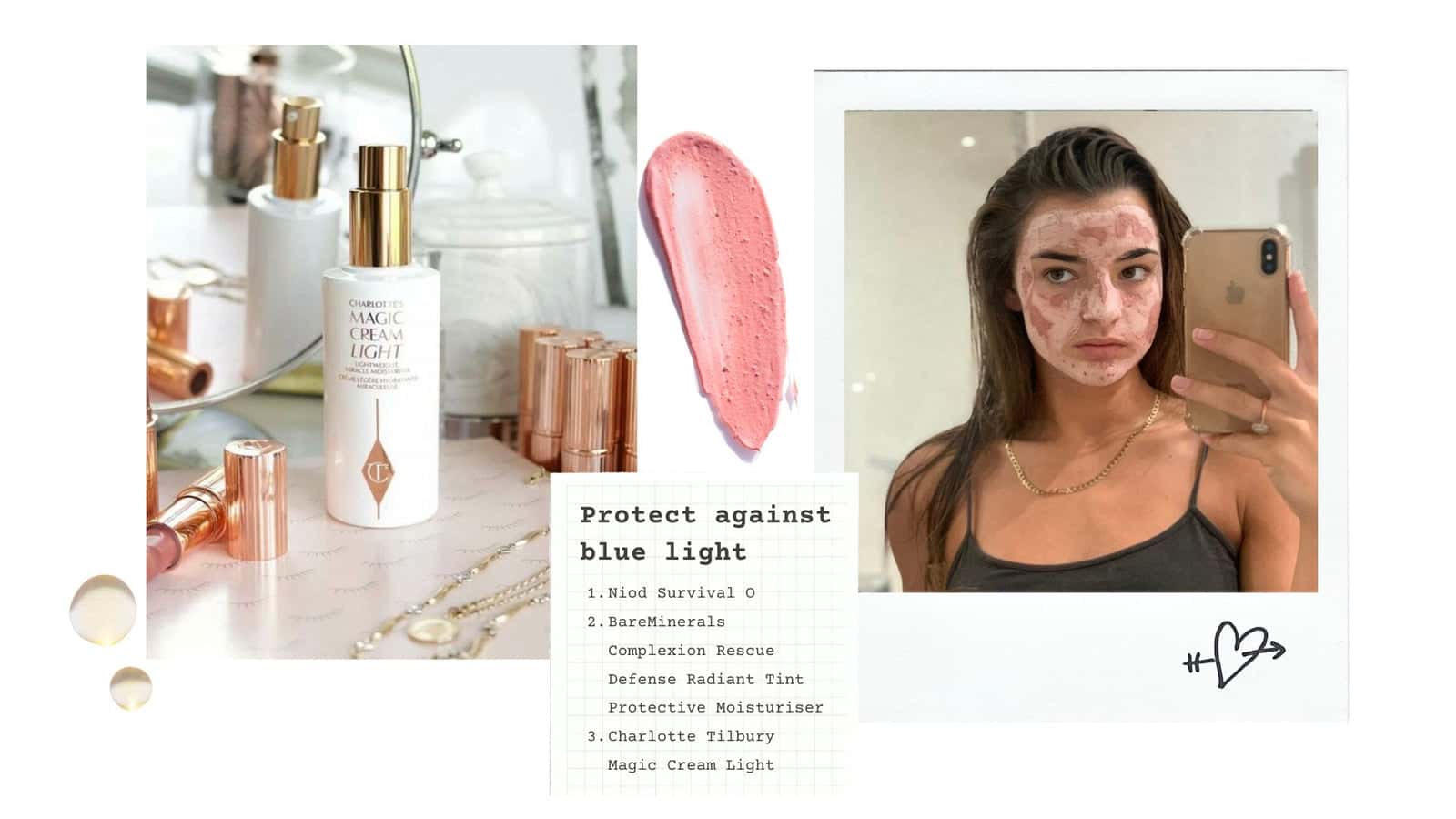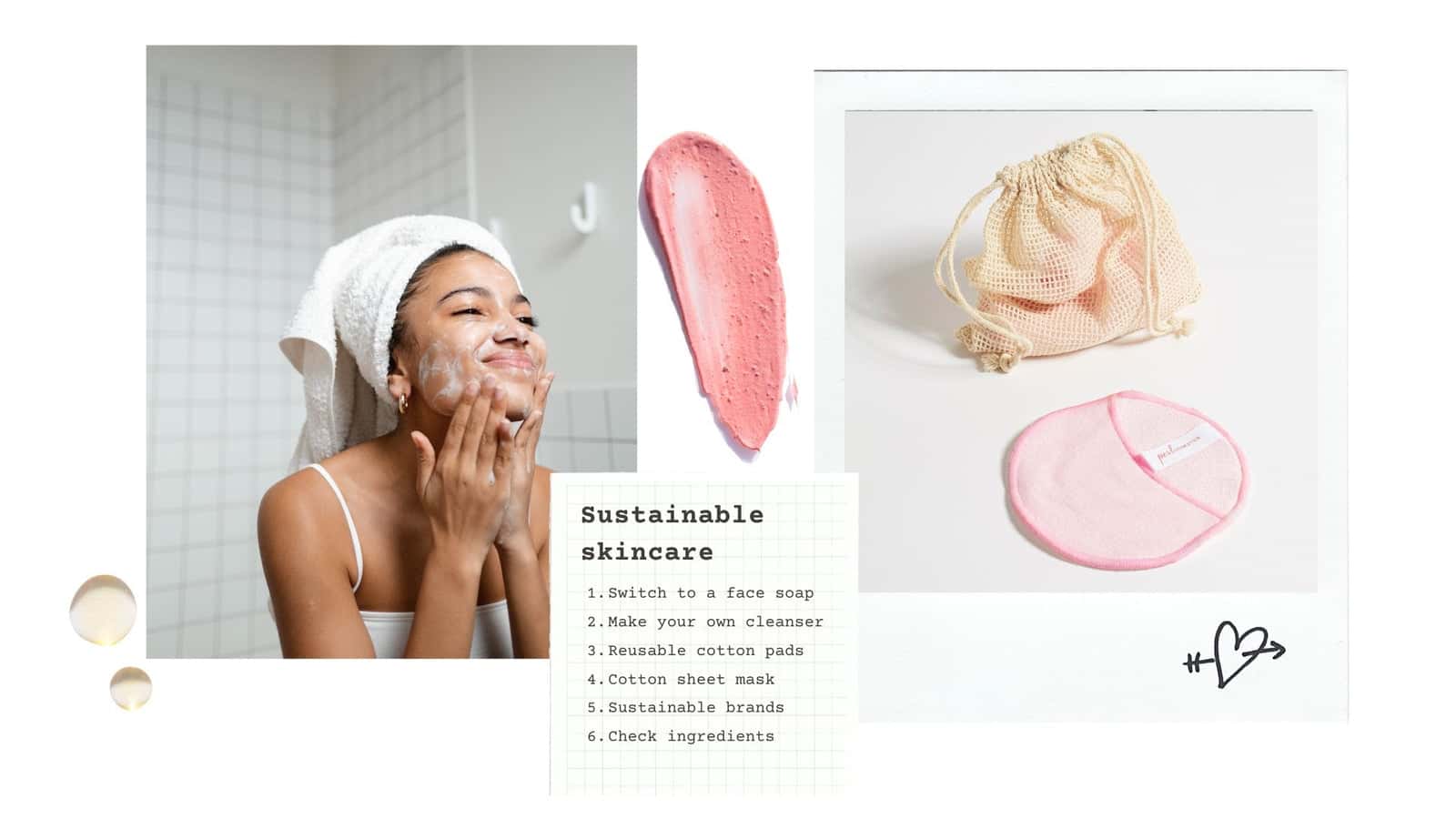
Skincare Myths You Probably Believed
We’ve all been given skincare advice from either the internet or family and friends. This advice, though mostly useful, may sometimes be detrimental to your skin's health. Here are some common myths, debunked, along with better alternatives that can be safer and more effective.
Using coconut oil to remove makeup
While it can be true for some people with dry or mostly unproblematic skin, a lesser known fact is that coconut oil can actually clog pores as it is highly comedogenic. It does have great anti-bacterial properties which may be beneficial, but the benefits are outweighed by the great chance of comedone, blackhead and whitehead formation. Those with oily, acne-prone skin would do better with a cleansing balm or micellar water instead.
Using lemons to help with pigmentation
It is widely known that lemons contain vitamin-C- a popular brightening ingredient that helps fade dark spots and post inflammatory hyper-pigmentation (the pesky marks that remain after acne heals). However, lemons contain an extremely low concentration of Vitamin-C- one lemon contains about 18.6mg (0.03%). So, you would need a huge amount of lemons and use them regularly for a very very long time to see a noticeable difference. Besides this, lemons are extremely acidic, and can easily irritate the skin (especially sensitive skin), resulting in dryness, redness, and even peeling. A time-saving, safer and cheaper alternative recommended by dermatologists would be a vitamin-C serum, which has an appropriate concentration of vitamin-C along with penetration enhancers designed to be used on the skin to deliver visible and consistent results.
Using Sugar as a Face Scrub
Another common DIY that can go very wrong, very quickly, and a part of the wider myth that something, just because its in your kitchen, must be good for your skin. White crystal sugar is extremely abrasive for use on the face (it can be safer to use on the body) and can cause micro-tears, compromising your skin’s outer barrier that retains moisture, and protects it against bacteria, environmental aggressors and UV rays. The best alternatives are chemical exfoliants (AHAs and BHAs) that don’t work by manually exfoliating the top layer, instead chemically dissolve the dead skin as you sleep, helping your skin keep up its natural shedding process without being physically corrosive. It is important to remember to do your research before purchasing one, use it sparingly and with caution until your skin becomes accustomed to regular use.
Today's blog is bought to you by Jhanvi.



Leave a comment
This site is protected by hCaptcha and the hCaptcha Privacy Policy and Terms of Service apply.